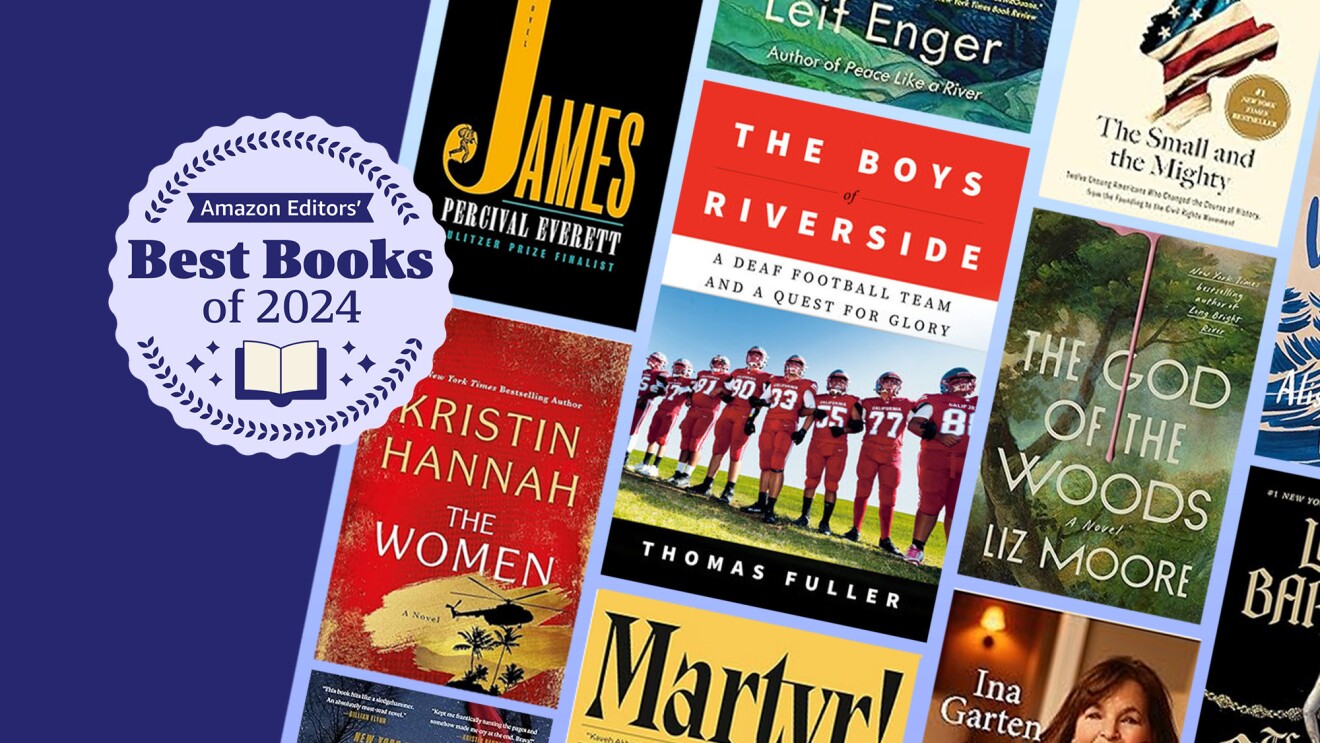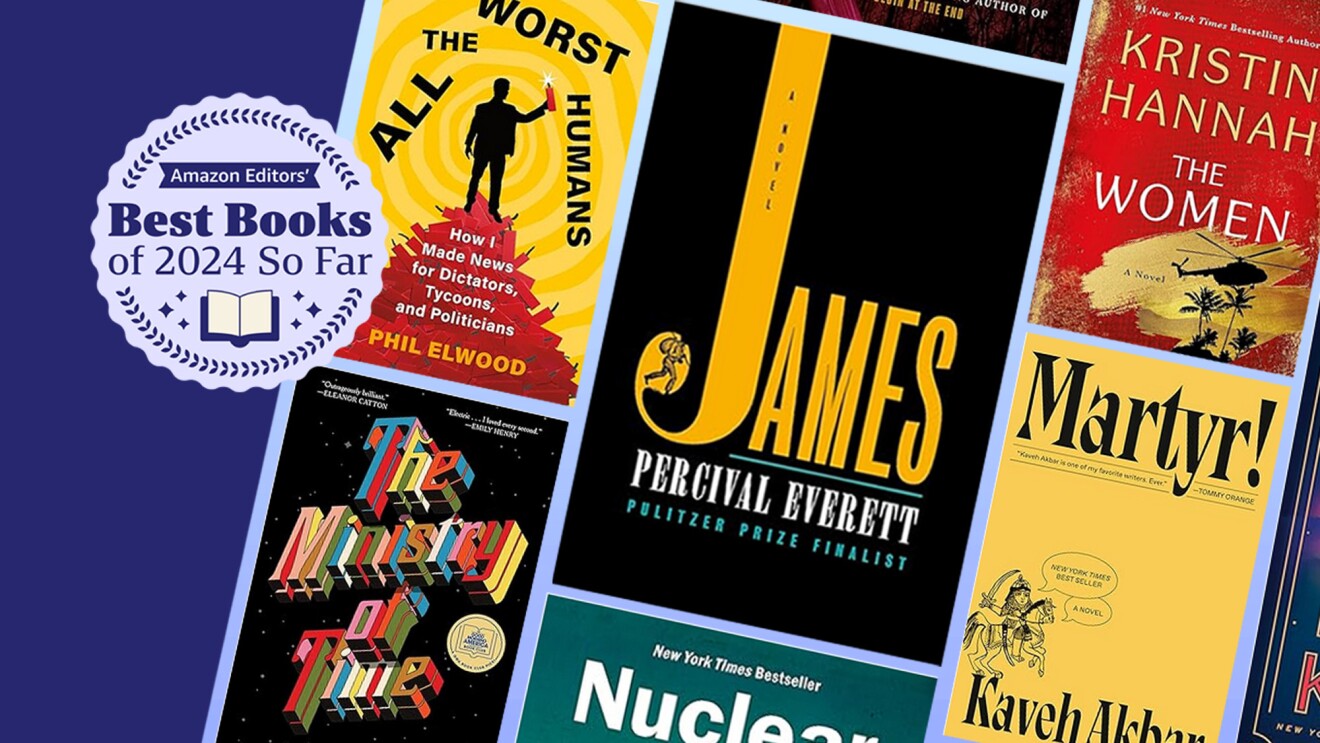A recent New York Times article claims that Amazon doesn’t care about counterfeits and takes a hands-off approach to what is sold in our stores. Nothing could be further from the truth. We invest substantial amounts of time and resources to protect our customers from counterfeit products, including books. We also stand behind every product sold in our stores with our A-to-z Guarantee.
Amazon strictly prohibits the sale of counterfeit products. We invest heavily in prevention and take proactive steps to drive counterfeits in our stores to zero. In 2018 alone, we invested over $400 million in personnel and tools built on machine learning and data science to protect our customers from fraud and abuse in our stores.
From the moment a third-party attempts to register a selling account, our proprietary technology begins screening and analyzing during the account set-up process, blocking suspicious bad actors before they are able to register or publish a listing. In 2018, we stopped over a million suspected bad actors from opening Amazon selling accounts before they published a single listing for sale, and we blocked more than 3 billion suspected bad listings before they were published to our stores. We provided many of these details to the Times and they chose not to include these facts in their story.
We also work with and empower brands through programs like Project Zero, Transparency, and Brand Registry, which strive to ensure only authentic products are sold in our stores. We investigate every claim of potential counterfeit thoroughly and in the rare instance where a bad actor gets through, we take swift action, including removing the item, permanently banning bad actors, pursuing legal action, and working with law enforcement when appropriate.
Prior to publication, we also offered the Times the opportunity to speak with the CEO of a large education publisher, who is also a member of the Educational Publishers Enforcement Group (EPEG). As part of our efforts to combat counterfeit, we have worked closely with EPEG to ensure customers only find authentic books for sale in our stores. The Times never reached out to this source.
One of the examples prominently featured by the Times, was the Sanford Guide. We’ve worked closely with Sanford Publishing and took additional action in November 2018 to address their concerns. Since these measures were put in place, the publisher has not submitted any further notices of infringement.
Amazon also invests significant resources to protect the integrity of reviews in our stores because we know customers value the insights and experiences shared by fellow shoppers. We have clear participation guidelines for both reviewers and selling partners and we take action against those who violate our policies, including suspension, bans, and legal action.
Here’s a closer look at the ways we protect the customer experience on Amazon:
- Brand Registry. This free service gives rights owners advanced tools to protect their brands. This includes automated protections that use machine learning to predict and prevent future issues and powerful text- and image-based search capabilities. More than 130,000 brands around the world use Brand Registry, and they’re finding and reporting 99% fewer suspected infringements than before the launch of Brand Registry.
- Transparency. This service provides item-level tracing through serialization where every unit brands manufacture has a unique code. Amazon then scans these codes and verifies the authenticity of products enrolled in Transparency, ensuring they are genuine before they reach a customer. Customers can also scan the Transparency code via a mobile app to confirm authenticity and learn more about the product. Over 2000 brands, from Fortune 500 companies to startups, have enrolled their products in Transparency.
- Project Zero. This new program empowers brands to help us drive counterfeit to zero by combining Amazon’s advanced technology, machine learning, and innovation with the sophisticated knowledge that brands have of their own intellectual property and how best to detect counterfeits of their products. Project Zero includes a self-service counterfeit removal tool where brands can instantly remove counterfeit from our stores – moreover, this information is fed into our automated protections so we can improve our proactive protections to prevent counterfeit listings in the future.
- A-to-z Guarantee. Customers are always protected by our A-to-z Guarantee. If a product doesn’t arrive or isn’t as advertised, customers can always contact our customer support team for a full refund of their order.
We take these steps because we’re steadfast in our commitment to earning the trust of customers, as well as the millions of honest entrepreneurs, authors, and publishers who use our stores to offer great value and selection to our customers. We are always investing in improving our customer experience.
The Times also makes inaccurate claims about competition among booksellers (a claim the Midwest Independent Booksellers disputed with the Times last year). There is widespread competition among booksellers, from major retailers to independent booksellers to grocery and drug stores. In fact, according to the American Booksellers Association (a trade group representing independent booksellers), the number of independent booksellers in the US has grown over 50% over the last 10 years.
We’ve always strived to be earth's most customer-centric company. Amazon offers customers millions of books and we work hard to ensure customers have a great shopping experience. The Times cites a small number of complaints and we recognize our work here isn’t done. We will not stop until it’s zero.
Trending news and stories








